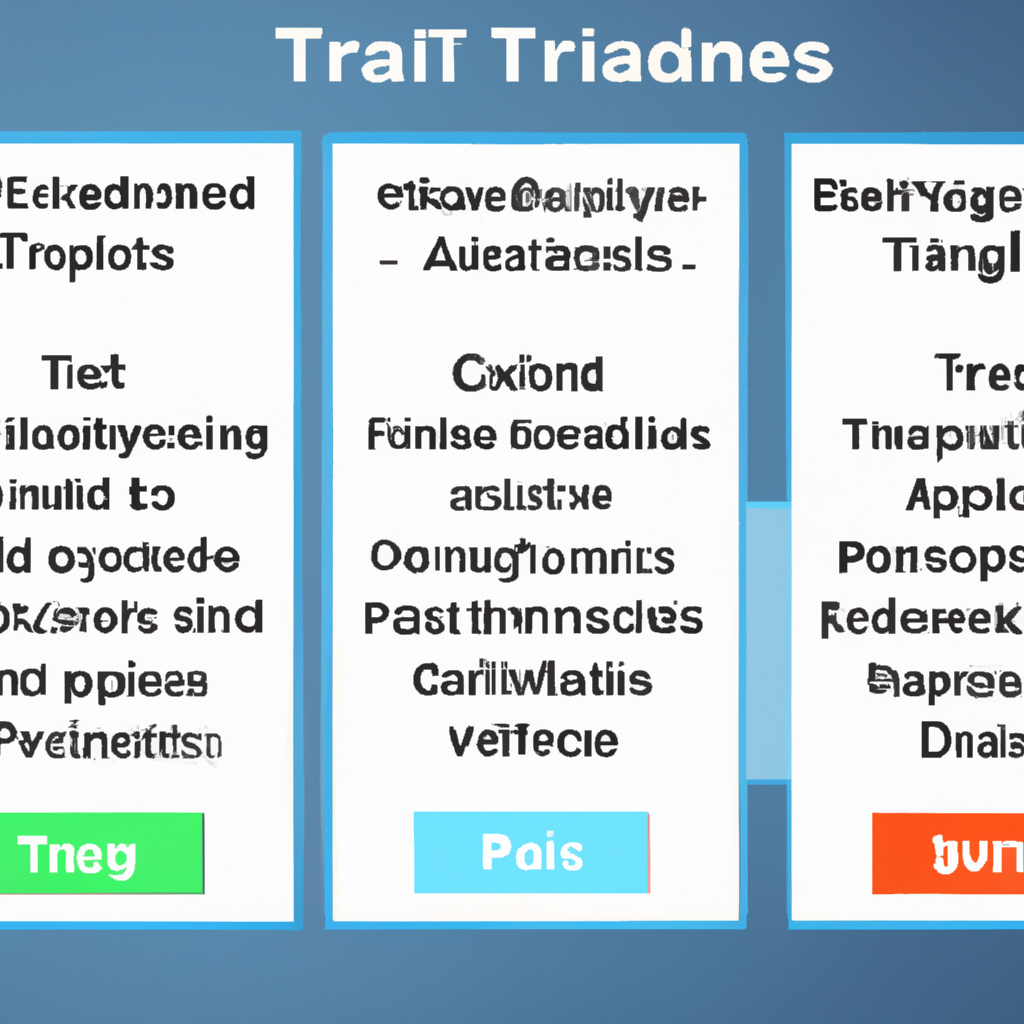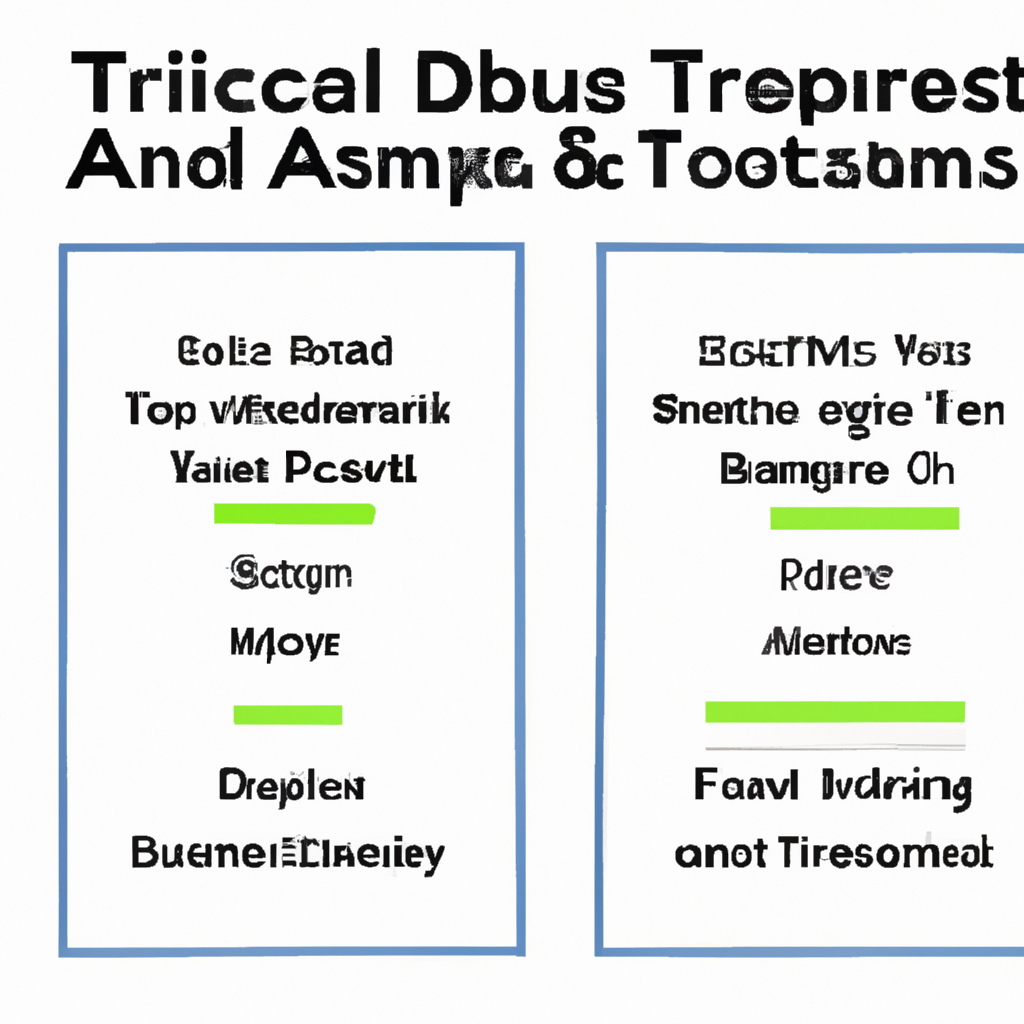Comparison of Trading Account Features
Introduction
When it comes to trading in financial markets, having the right trading account is crucial. Different brokers offer various account features that cater to the needs of different traders. In this article, we will compare some of the key trading account features that you should consider before choosing a broker.
Account Types
Standard Accounts
Standard trading accounts are the most common type offered by brokers. They usually have no minimum deposit requirements and provide access to a wide range of financial instruments. Standard accounts may also offer various leverage options and competitive spreads.
Mini Accounts
Mini accounts are designed for beginners or traders with limited capital. They typically have lower minimum deposit requirements and smaller trade sizes. Mini accounts allow traders to test the waters without risking a significant amount of money.
Islamic Accounts
Islamic accounts, also known as swap-free accounts, are designed for traders who follow Islamic principles. These accounts comply with Shariah law, which prohibits earning or paying interest. Islamic accounts eliminate overnight swap fees, making them suitable for traders who want to avoid interest-based transactions.
Trading Platforms
MetaTrader 4 (MT4)
MT4 is one of the most popular trading platforms in the industry. It offers a user-friendly interface, advanced charting tools, and a wide range of technical indicators. MT4 also supports automated trading through expert advisors (EAs), making it ideal for algorithmic traders.
MetaTrader 5 (MT5)
MT5 is the successor to MT4 and offers several additional features. It provides more advanced order types, a built-in economic calendar, and improved backtesting capabilities. MT5 is suitable for traders who require enhanced functionality and access to a broader range of asset classes.
Proprietary Platforms
Some brokers offer their own proprietary trading platforms. These platforms are specifically tailored to the broker’s services and may offer unique features not available on other platforms. Proprietary platforms can provide a seamless trading experience, but it’s essential to ensure they offer the necessary tools and functionality you require.
Account Funding and Withdrawal
Deposit Methods
Different brokers offer various deposit methods, including bank transfers, credit/debit cards, and online payment processors. It’s essential to choose a broker that supports your preferred deposit method and ensures secure transactions.
Withdrawal Process
Consider the broker’s withdrawal process, including the time it takes to process withdrawals and any associated fees. Some brokers may have restrictions or additional requirements for withdrawing funds, so it’s crucial to understand these before opening an account.
Customer Support
Availability
Check the availability of customer support channels offered by the broker. Look for brokers that provide 24/7 customer support through various channels such as live chat, phone, and email. Prompt and efficient customer support can make a significant difference, especially during critical trading situations.
Language Support
If English is not your primary language, it’s essential to choose a broker that offers customer support in your preferred language. Language barriers can hinder effective communication and support, so ensure the broker caters to your language needs.
Conclusion
Choosing the right trading account features can significantly impact your trading experience. Consider the account types, trading platforms, account funding and withdrawal options, and customer support when comparing brokers. Take your time to evaluate these features and choose a broker that aligns with your trading goals and preferences. Remember, a well-suited trading account can enhance your trading journey and potentially improve your profitability.



